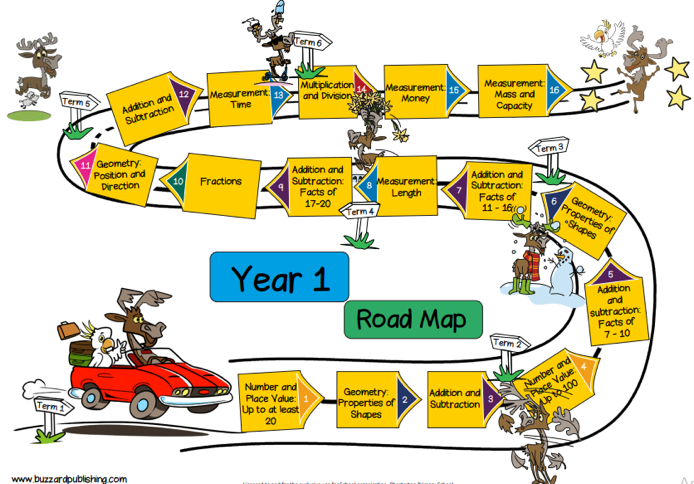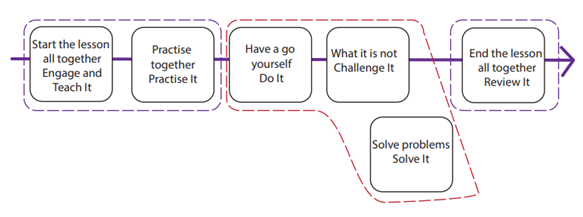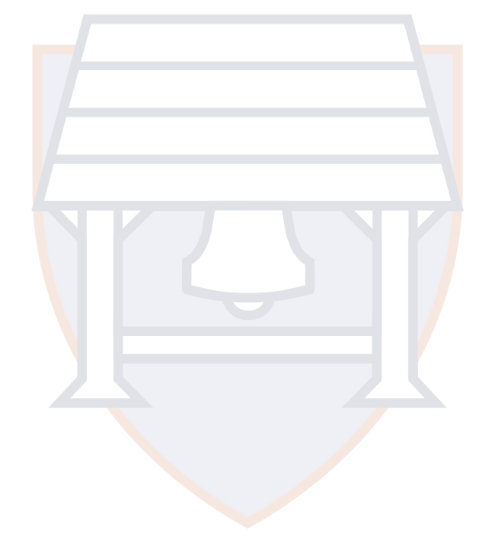Mathematics
We used our curriculum drivers to inform the development of our maths teaching and the selection and integration of our chosen scheme - 'Can Do Maths'. To find out all the detail of what we teach to each year group in maths, please see the curriculum handbook and other documents at the bottom of this page. If you would like to know about how we support children to learn their times tables, or would like to know how to log in to and navigate your child's account at home, please see our community page on TTRockstars.
Our drivers in action in Maths
Discrete subject quality – Maths is taught as a discrete subject and children have a maths lesson and a 20minute ‘Maths on Track’ (MOT) session every day. The daily lesson is where new small-step objectives are taught and the MOT session is for retrieval and consolidation of learning. Features of lessons and MOT sessions are described further down in this handbook. In order to achieve a high level of specialist maths quality, we have worked closely with a very experienced maths consultant in setting up our curriculum, training staff and reviewing the progress we are making towards our vision of excellent maths.
Although we have 3 mixed-age classes in our school, we teach Maths in 4 different classes (EYFS, KS1, LKS2 and UKS2) in order to make the progressive steps very small for each group. This is facilitated by HLTAs. Within our 4 groups, learning objectives are further split so that each year group are following a separate pathway and have separate tasks and outcomes.
Memorable learning – We have chosen our ‘Can Do’ curriculum approach because of it’s focus on learning for mastery and memory. The features of our curriculum which focus on memorable learning are:
- Retrieval and interleaving. The curriculum from year to year works as a spiral and then within each year the MOT sessions ensure that learners benefit from spaced repetition/practice as units are returned to for further practice and to build on prior knowledge.
- Vocabulary development which enables all children to have the opportunity to develop broad and relevant vocabulary to support their understanding of the curriculum. Lessons are built around stem sentences or ‘mantras’, which aid student’s reasoning and independence as well as building their personal bank of words and concepts.
- Small Step progression to ensure that all children can access challenging content and the learning is equitable. The small step ‘roadmap’ for the unit is displayed on the classroom working wall and can also be requested from the school office.
Self-Regulated Learning - All learners need to believe they can succeed and also believe that their teachers, and parents, believe they can succeed. Adopting a growth mind set is at the heart of a 'Can Do Maths’ approach including the use of 'yet’ and knowing that making mistakes is an essential part of learning.’
We use routine, working walls, small-steps, manipulatives, models and images to help children to develop independence and our focus on the language of ‘challenge zone’ and the skills of epic learning help to set out the attitudes that make a great mathematician.
Equality, diversity and social justice – The emphasis on vocabulary and explanation in our Maths curriculum has been designed to close language gaps among our students and to help them to develop important oracy skills through a maths lens. We know that having the right language structures and vocabulary can also aid thinking and so we aim to make the language explicit and taught directly in order to give students equal access to thinking like a mathematician.
Belief and investment in children – We aim to develop the children’s procedural fluency, while enabling children to reason and problem solve within their curriculum.
We operate a keep up, not catch up mentality and approach using Maths on Track (MOT) sessions, purposeful scaffolding and feedback during lessons.
We aim to achieve success in mathematics for every child by developing a ‘can do’ mindset, where positive attitudes and consistent effort are encouraged and rewarded.
We have invested in really high-quality and engaging maths manipulatives and software that students can use to aid thinking in lessons.
Celebration of our local area and people – We use our local area to bring maths to life wherever possible. This includes use of equipment in our school science garden (digital weather station, thermometers, rain gauges and other means to collect and use real life local data).
Curriculum Design
From Years one to six, our curriculum is driven by the 2014 National Curriculum for mathematics, the aims of this are to ensure all pupils:
- become fluent in the fundamentals of mathematics, including through varied and frequent practice with increasingly complex problems over time, so that pupils develop conceptual understanding and the ability to recall and apply knowledge rapidly and accurately
- reason mathematically by following a line of enquiry, conjecturing relationships and generalisations, and developing an argument, justification or proof using mathematical language
- can solve problems by applying their mathematics to a variety of routine and non-routine problems with increasing sophistication, including breaking down problems into a series of simpler steps and persevering in seeking solutions.
Our curriculum is carefully structured to ensure progression year on year. There is a strong focus on number at the beginning of each new year, so that there is time to secure this throughout the next 12 months.

Early Years
We have worked closely with our maths consultants to develop a progressive maths programme for our Early Years. We use the early years scheme from 'CanDo Maths' but we are also involved in the exciting national Maths Mastery project.
In Early Years, medium term plans identify small key learning points creating manageable steps for number. Teaching sessions are based on ‘what it is also’ and ‘what it is not’, putting a spotlight on misconceptions to secure learning. Adult led groups, focus on the manageable step to assess and challenge the children’s understanding. Continuous provision is planned to provide opportunities to secure learning and solve problems within the teaching. There are also additional opportunities to explore learning within spatial reasoning and patterns and relationships across the year.
Key Stage 1 and 2
Within Years 1-6, medium term plans identify small key learning points creating manageable steps. Independent activities and questions are designed using Variation Theory (Do It: what it is/what it is also; Challenge It: what it is not; Solve It: challenges to apply learning).
Learning focuses on developing conceptual understanding, and practising gives all learners the chance to have a go and be successful. Concrete and pictorial representations are chosen carefully to help build procedural and conceptual knowledge together. Support and challenge is integrated into lessons and reasoning and solving problems takes place throughout the lesson. Challenge is provided by going deeper rather than accelerating too early into new mathematical content.

b

